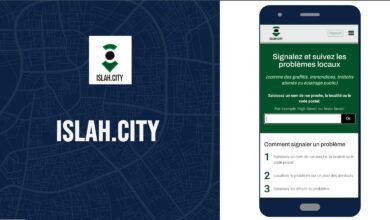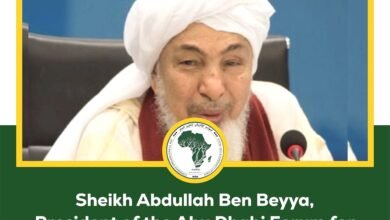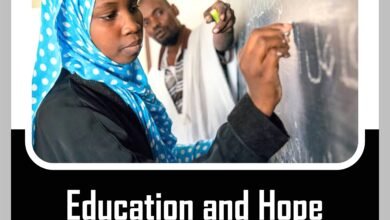CIDH Africa Calls for Urgent Action on Sahel-Sahara Trafficking Crisis at UN Hearing
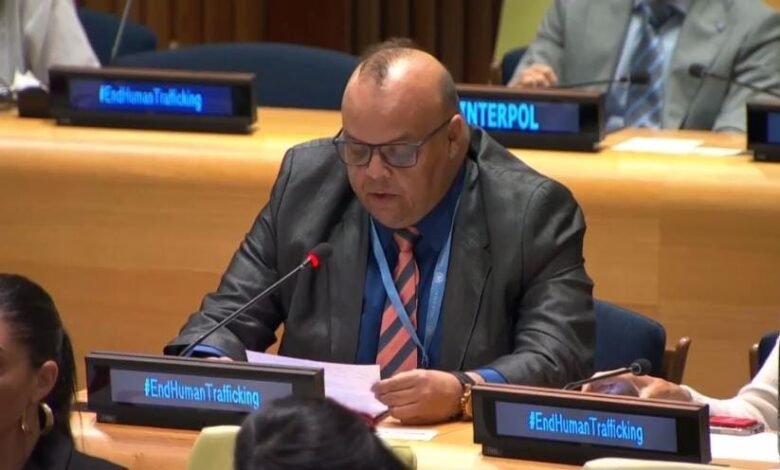
By Karima Rhanem, Senior Managing Editor
The Network of the Independent Commission of Human Rights in North Africa (CIDH Africa) issued a strong warning at the United Nations during the informal interactive multi-stakeholder hearing held as part of the preparatory process for the high-level meeting of the General Assembly on the appraisal of the Global Plan of Action to Combat Trafficking in Persons. In a detailed and urgent statement, Executive Director Moulay Lahsen Naji described the Sahel and Sahara as the epicenter of a deepening crisis of human trafficking, where armed conflict, organized crime, and state fragility have converged to create ideal conditions for exploitation and abuse.
Naji explained that across vast and often lawless areas, non-state armed groups and terrorist organizations have entrenched themselves, using trafficking in persons not just for profit but as a tool of control and warfare. He pointed to northern Niger and Mali—particularly gold-mining zones—where trafficking networks operate under the protection of armed actors. In these areas, forced labor and sexual exploitation are widespread, and women and children remain especially at risk, targeted in mines, camps, and transit hubs.
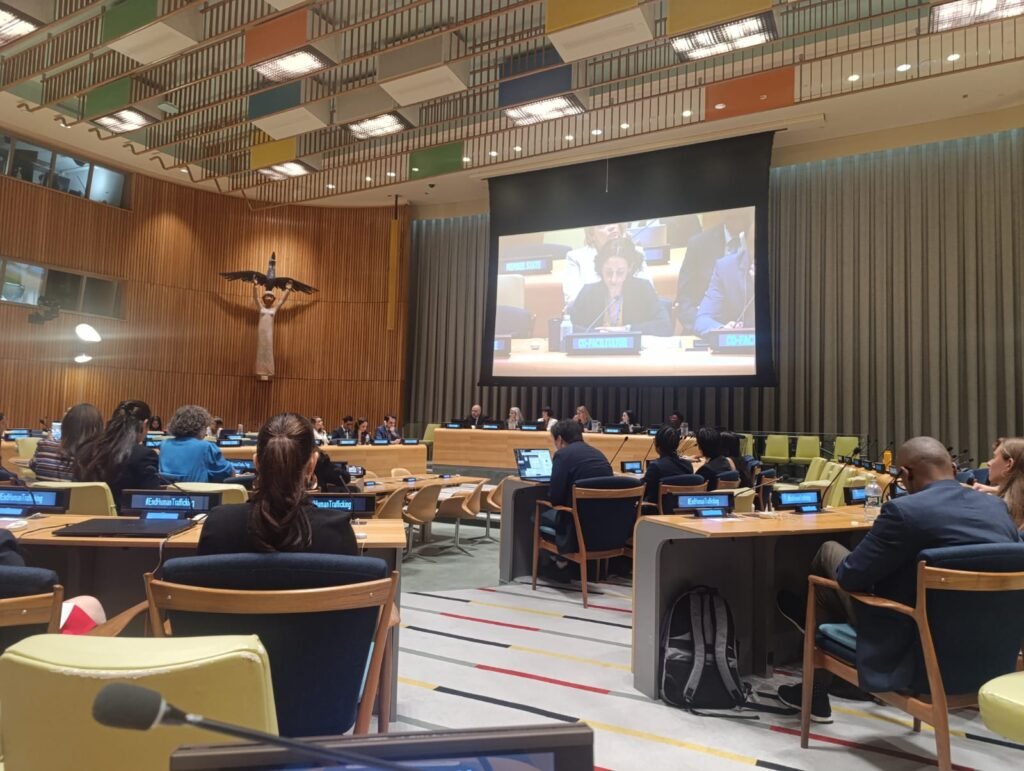
The statement warned of the worsening plight of migrants and refugees who cross the Sahel each year seeking safety or opportunity in North Africa and beyond. For many, these journeys turn into corridors of suffering. Criminal gangs, militias, and even some state actors are involved in kidnapping migrants for ransom, subjecting them to torture, forced labor, and sexual violence. Naji referenced a joint report by UNHCR, IOM, and the Mixed Migration Centre, which confirms that such abuses are now endemic along the land routes to the Mediterranean, with women and children facing heightened threats of gender-based violence and exploitation.
He also addressed the complicity of armed groups that control key smuggling corridors and extort migrants directly. Their activities are not only destroying individual lives but also dismantling the rule of law, destabilizing entire communities, and pushing fragile states toward collapse.
Despite international commitments under the Palermo Protocol and the UN Global Plan of Action, Naji made clear that protection gaps remain severe. Survivors have little access to justice or support, while humanitarian actors struggle to reach the most affected. The frameworks exist, but their implementation on the ground is lacking.
CIDH Africa called on UN Member States and all stakeholders to go beyond declarations and commit to the immediate enforcement of existing legal instruments. This includes harmonizing national laws with international standards, ensuring proper enforcement through anti-trafficking units and survivor support, improving cross-border cooperation to dismantle trafficking networks, and guaranteeing access to justice, medical care, and psychosocial support. Equally important is engaging civil society, local communities, and survivors in designing and implementing anti-trafficking strategies.
Moulay Lahsen Naji’s leadership at CIDH Africa reflects decades of commitment to human rights defense in the region. He is a member of the Steering Committee of the NGO Forum, Focal Point for Northern Africa, and a member of the support group to the African Commission on Human and Peoples’ Rights (ACHPR) Special Rapporteur on Human Rights Defenders, promoting the Guidelines on Freedom of Assembly and Association in Africa. He also serves on the Steering Committee of the AU–EU Civil Society Platform.
His published works include “Human Rights in North Africa: Advocacy and Activism” (2019), which examines the practice of advocacy under political pressure, and “Building Strong Alliances with North African Civil Society for Free and Open Civic Space” (2020), which provides a framework for protecting civic freedoms in restrictive environments.
In closing his statement, Naji reminded participants that the Sahel-Sahara trafficking crisis is more than a humanitarian emergency—it is a test of international resolve. “We have the tools, the frameworks, and the knowledge,” he said. “What is needed now is action: decisive, coordinated, and grounded in the lived realities of those most affected. Let us honor our commitments by turning legal frameworks into lifesaving realities, and ensure that no person is left to face these horrors alone.”

